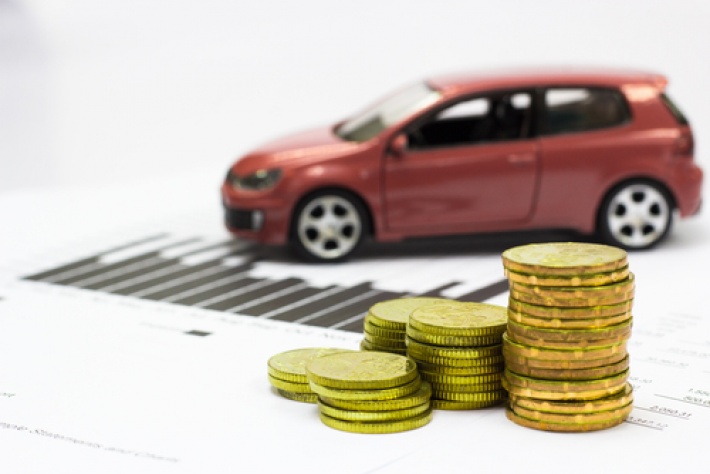What are the tax implications of having a company car?

Gone are the days when all you could expect from your employer was a regular salary and a contribution to your pension. Companies are now offering their staff a whole host of added perks to sweeten the deal.
Some of these added extras such as canteen meals, hot drinks and parking, come at no cost you and can be seen purely as an added bonus. The more sought-after benefits however, such as a company car, not only pique the interest of employees, but also that of the taxman.
Unless you can prove that a company car is used solely for business purposes, then you will be hit with a tax bill. If the car is used, or is available to be used, privately, which includes your commute to and from your place of work, then tax will be levied. However for most people, even taking this into account, the prospect of a company car is seen as a desirable incentive, and is exemplified by the fact that around half of all new cars sold in the UK are destined for this market.
While all company cars will be liable to some form of tax, there are ways to minimise this cost. As a general rule of thumb the higher the CO2 emissions and list price, the higher the cost to you. Therefore if you are looking to drive away with a good deal, you should ideally opt for a cheaper car with low emissions.
The amount of salary you have to sacrifice to secure a company car depends on two main factors: the car’s CO2 emissions and what is known as its P11D value. This value is essentially the price of the car, minus the non-taxable costs such as the registration fee and the road tax for the first year. Bear in mind that adding extras will also increase the value of the car, and this will then be reflected later down the line in your tax bill, so be sure you are prepared to foot the bill for the luxury of heated seats and xenon headlights before you commit. A percentage of this P11D value, ranging from seven per cent for the lowest-polluting cars, up to 37 per cent for the highest, delivers a benefit cash value. This value is added to your salary and you will be charged income tax on this amount over the course of the year.
As an alternative, you could consider buying your own car and claiming back mileage for your business journeys. Business mileage allowance is currently set at 45p per mile up to 10,000 miles and 25p per mile thereafter. You can also claim for additional costs incurred such as toll and congestion charges and parking. The mileage rate takes into account the costs of buying, running and maintaining your vehicle, and also covers depreciation of the vehicle. Provided accurate mileage records are kept, any amount claimed back this way will be tax free.
For many, the benefits of having a company car do outweigh the negatives, however you must do the sums to ensure it adds up for you financially and does not become a drain on your finances when the taxman comes knocking.


